Ramped up Turnables
Carousel USA’s out-of-the-box thinking combined with CalRecycle’stechnical and testing support has created a new high value use forrecycled tire rubber in the vehicle turntable and rotating platform market.
Carousel USA’s primary business is manufacturing vehicle turntables. Starting with residential turntables in 2004, the Fontana, California company is a full-service turntable company designing, engineering and installing heavy-duty commercial and residential turnabout systems.
Recently the company took a new turn, becoming a tire-derived product (TDP) manufacturer with the addition of tire-derived rubber ramps for its vehicle turntables.
 In a presentation during an August webinar in the 2021 California Waste Tire Virtual Workshop Series, Carousel’s Vice President of Manufacturing Ryan Rickabaugh spoke about the company’s evolution from a residential application designed and developed by Carousel founder John Thompson to solve the problem of maneuvering a large SUV in his driveway with limited, tight space bordered by a large historic tree.
In a presentation during an August webinar in the 2021 California Waste Tire Virtual Workshop Series, Carousel’s Vice President of Manufacturing Ryan Rickabaugh spoke about the company’s evolution from a residential application designed and developed by Carousel founder John Thompson to solve the problem of maneuvering a large SUV in his driveway with limited, tight space bordered by a large historic tree.
Seeing the potential for turntables and rotating platforms to solve space and mobility needs in other industries, led Thomson to launch a commercial division. Today, the company makes commercial turntables commonly used for trucks, big delivery trucks, eighty-foot semis, box trucks and garbage trucks or for “anytime you need to rotate a large item”, Rickabaugh said.
Carousel also makes motion control turntables typically used for deliveries in commercial buildings, surface mounted turntables and parking sliders and lifts.
The big space now, Rickabough said, is vehicle photography. “With the new autonomous cars, we use a lot of turntables for testing those. Surface mount turntables have become really popular in this space and demand is growing”, Rickenbaugh said.
This is also where Carousel saw the need for rubber ramps. “Initially when we were developing our surface mount turntables we came across the problem of how to get vehicles onto the turntable,” Rickenbaugh said.
The challenge was to come up with a solution that was affordable, safe and easy to use and was aesthetically compatible with the turntables. “This is a price-driven product, as opposed to our standard product which requires excavation and concrete work,” he said.
“Molded rubber ramps allow the car to drive up onto it and gives a turntable finished look,” Rickabaugh said.
At first, Carousel outsourced manufacturing of the ramps to a local molding company, but continual problems with product delivery as well as the lack of product quality and consistency, led the company to purchase its own press and bring manufacturing in-house.
At the same time, Carousel learned about testing and other technical services for companies wanting to use recycled tire rubber in product manufacturing available under the California Department of Resource Recycling and Recovery
(CalRecycle) Feedstock Conversion Services (FCS) Contract.
Rickabaugh said by working with FCS contract manager Denise Kennedy of DKEnterprises and the consultant and other services provided as part of FCS , Carousel was able to develop the new recycled rubber molded ramps, get the proper testing and put a new mold manufacturing method in place that allows them to get “ramped up” turntables on the market in less time than traditional methods, he said.
The ramps are molded in sections using a large 410 ton press and a rubber blend consisting of recycled tire crumb rubber, binder and calcium carbonate, which is a byproduct of recycled carpet. The rubber mix is blended in mixing units designed by Carousel and poured into molds, two at a time, sealed by the 410 ton press and cured at 275 degrees for 24 minutes.
The ramps feature anchor holes with recycled rubber cover plugs that can be used if the unit is to be permanently secured. A locking “tongue” is molded on the right side of each ramp for joining the units around the base of the turntable.
Under CalRecycle’s FCS contract and with testing and technical assistance from Denise Kennedy and the DK Enterprises team, Carousel developed its own mix recipe. “We now have the pounds of rubber that we use, the pounds of binder, the percentage of calcium carbonate. The temperature which we make the parts at and the amount of time that they cook,” Rickabaugh said. However, those variables are constantly changing. Depending on the weather, the humidity, the rubber that we receive, we need to make minor manufacturing changes. But once it’s set up for the day, it runs pretty consistently, he said.
“It was a long time getting where we are. We scrapped a lot of rubber, so it was nice to have the help,” he said.
“The beautiful thing about using tire derived crumb rubber is that when the ramp part comes out of the mold its complete. There is very little waste/cleanup from the molds and the cool down takes only 30 minutes, which really improved our production efficiency, saving both money and time,” Rickabaugh said.
The other important feature about this product is it’s ready to ship. It’s in stock all the time as opposed to the custom equipment we typically make…and it’s very useful in many applications.
© Scrap Tire News, October 2021






